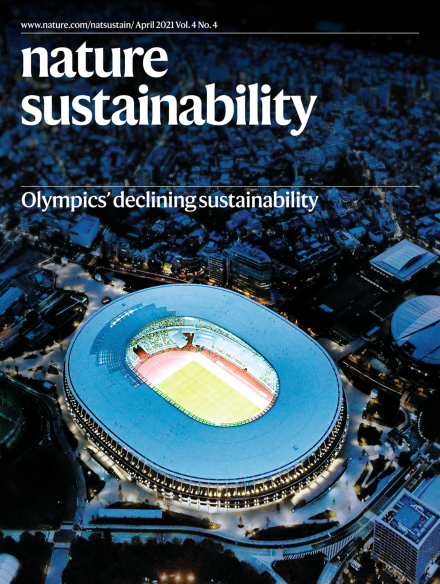
Influence of land tenure interventions on human well-being and environmental outcomes
Date Published
Dec 7, 2020
Authors
Tzu-Wei Joy Tseng, Brian E. Robinson, Marc F. Bellemare, Ariel BenYishay, Allen Blackman, Timothy Boucher, Malcolm Childress, Margaret B. Holland, Timm Kroeger, Benjamin Linkow, Moustapha Diop, Lisa Naughton, Thomas Rudel, Jolyne Sanjak, Priya Shyamsundar, Peter Veit, William Sunderlin, Wei Zhang, and Yuta J. Masuda
Publisher
Nature Sustainability
Citation
Tseng, T.-W. J., Robinson, B. E., Bellemare, M. F., BenYishay, A., Blackman, A., Boucher, T., Childress, M., Holland, M. B., Kroeger, T., Linkow, B., Diop, M., Naughton, L., Rudel, T., Sanjak, J., Shyamsundar, P., Veit, P., Sunderlin, W., Zhang, W., & Masuda, Y. J. (2021). Influence of land tenure interventions on human well-being and environmental outcomes. Nature Sustainability, 4(3), 242–251. https://doi.org/10.1038/s41893-020-00648-5
Abstract
Land tenure security is increasingly recognized as a foundational element for advancing global sustainable development agendas, but questions remain about how it affects human well-being and environmental outcomes. We identify 117 studies that aimed to estimate the causal effect of land tenure security interventions on these outcomes. Approximately two-thirds of these studies reported positive links between improved tenure security and human well-being or environmental outcomes. Close to half of the studies that examined social and environmental outcomes reported positive impacts on both. The majority of studies assessed government-implemented interventions that statutorily recognized rights through land titling and formalization in the 1990s and 2000s. More research is needed to bolster the body of evidence on the effects of non-technical interventions (for example, capacity building and awareness raising) and the devolution of rights to inform future land policy efforts and accelerate sustainable development.

